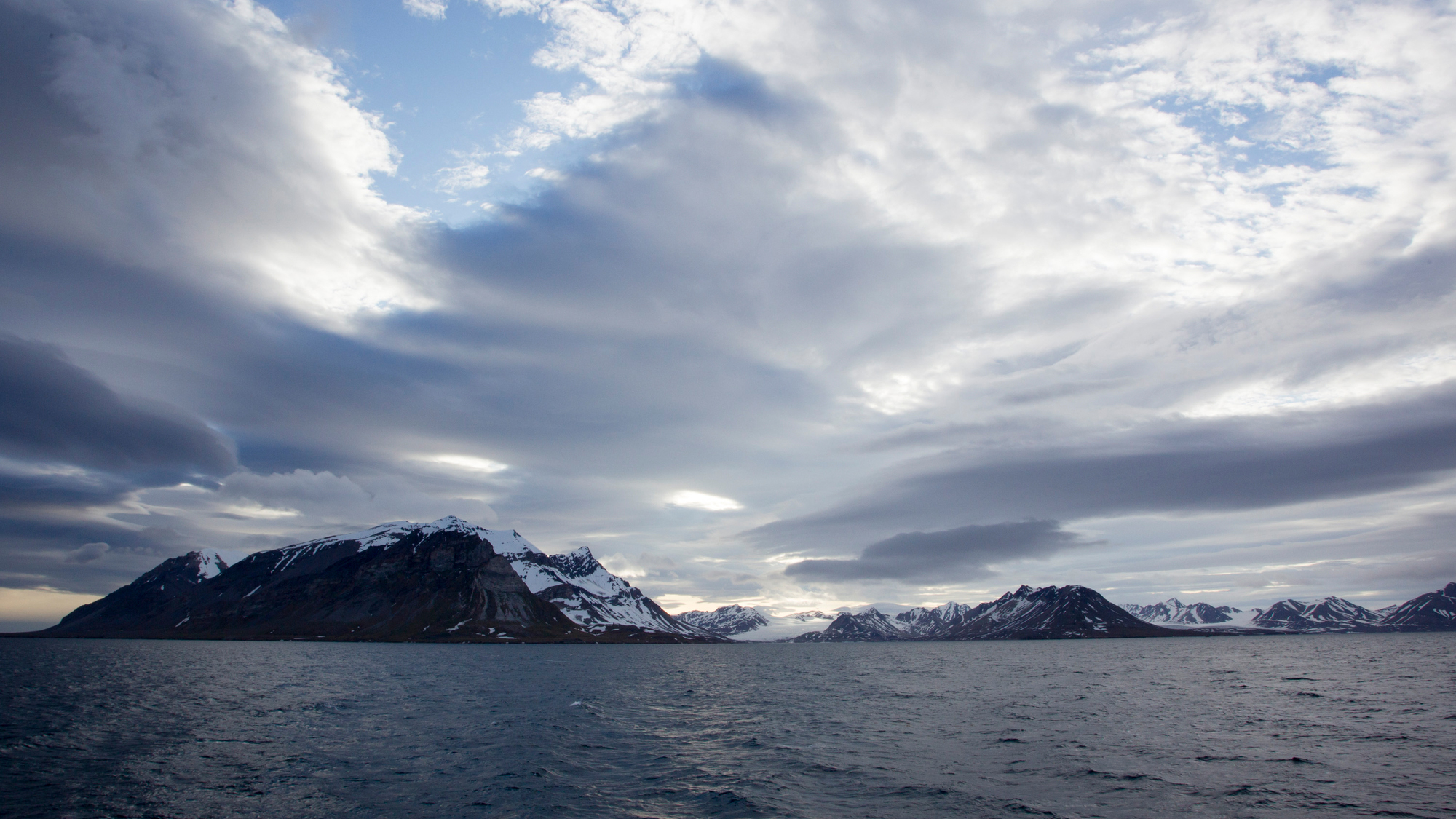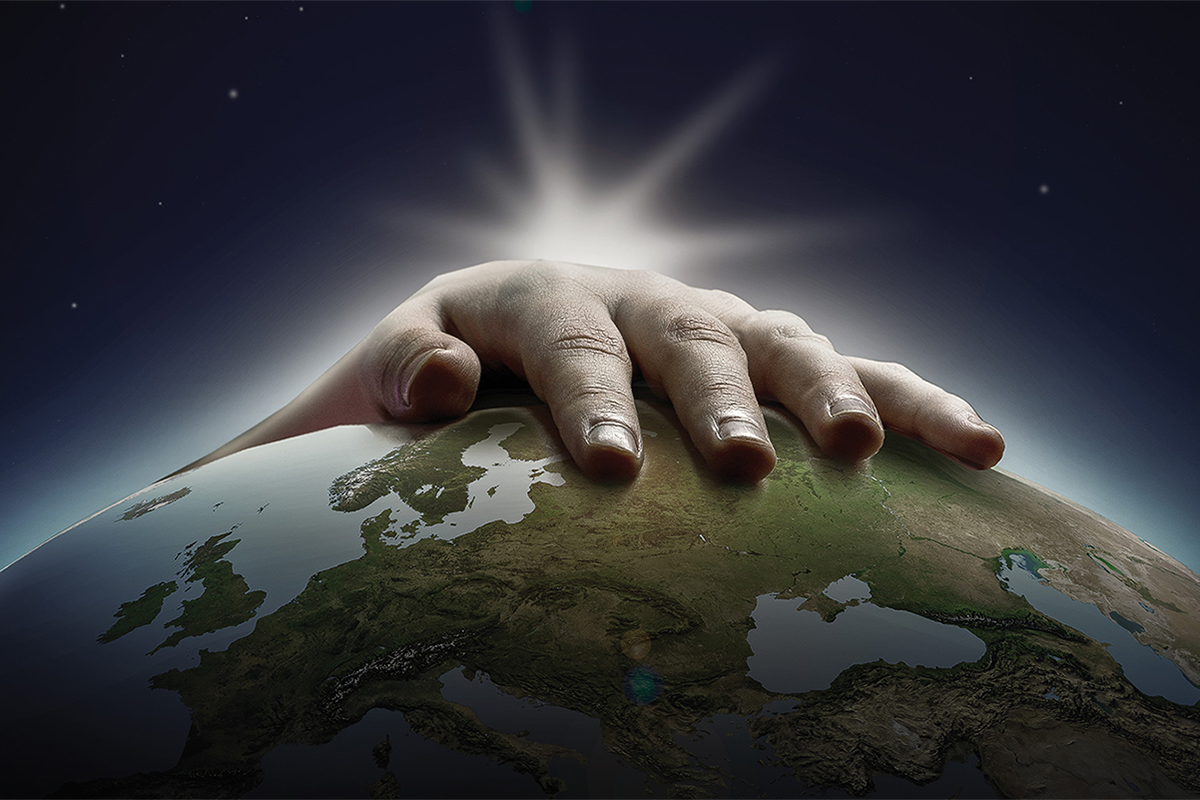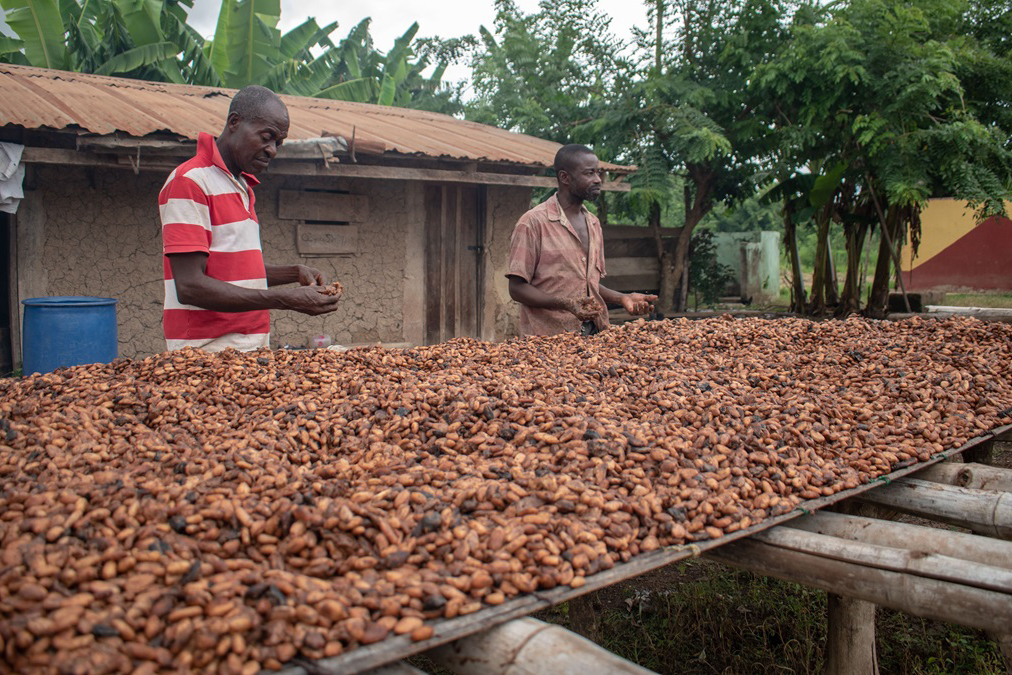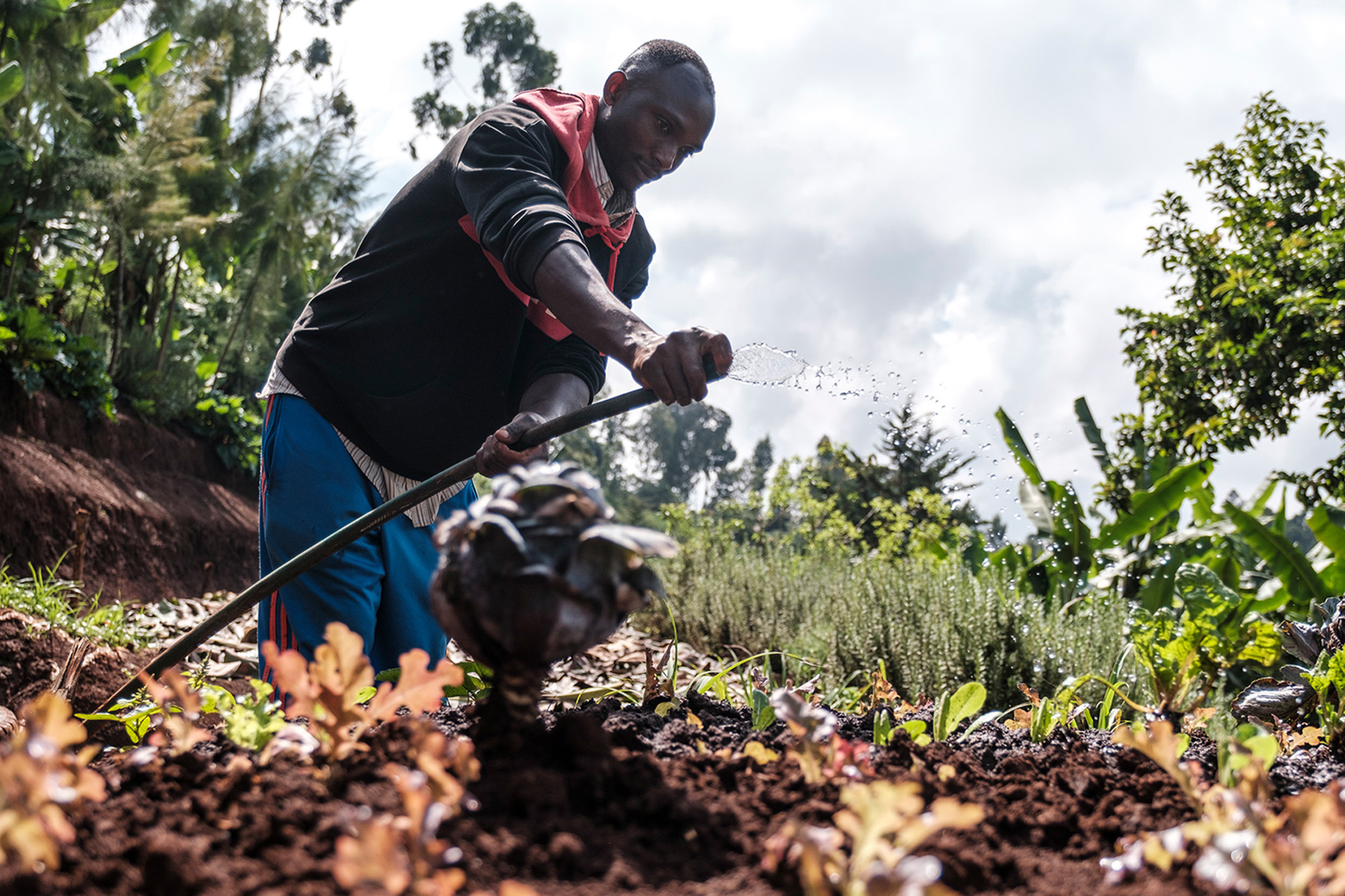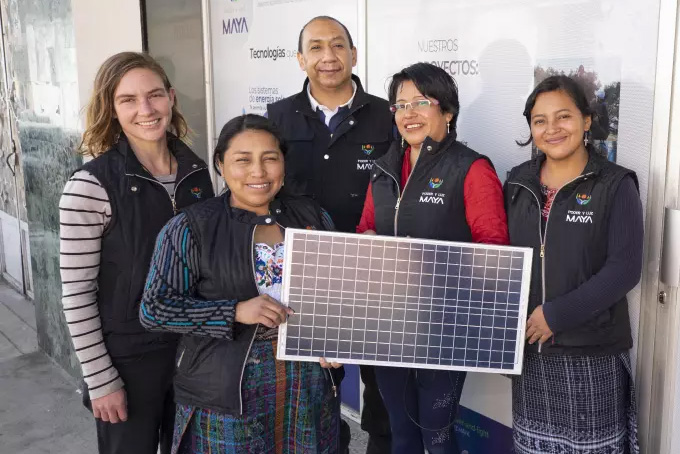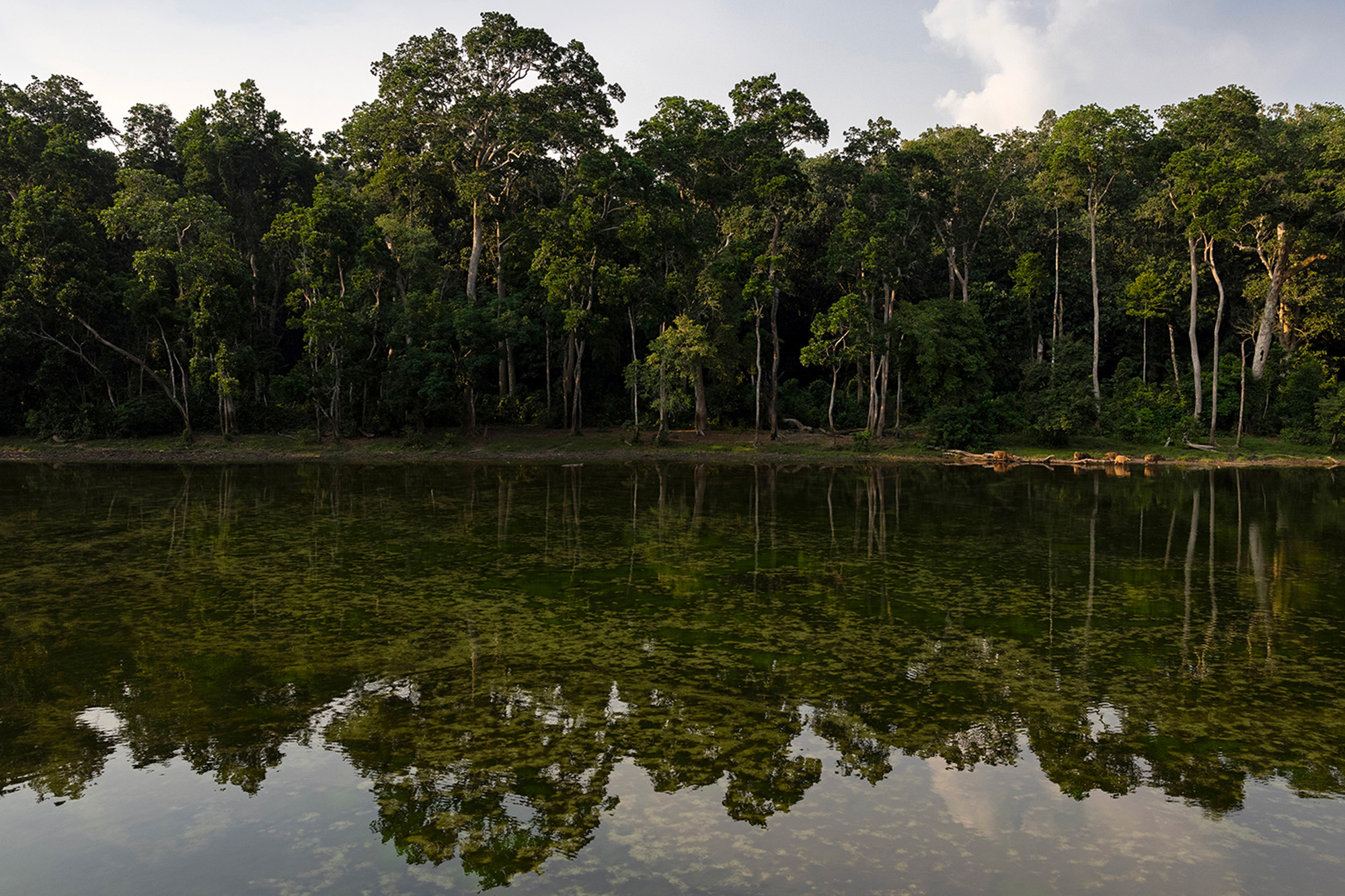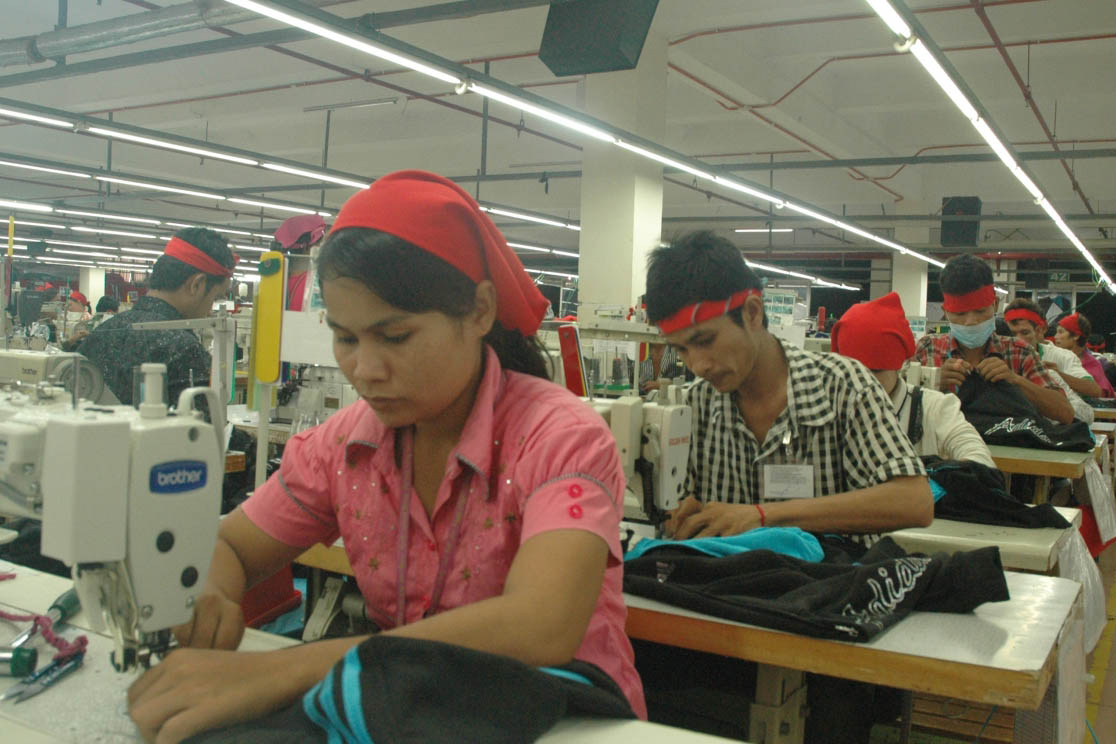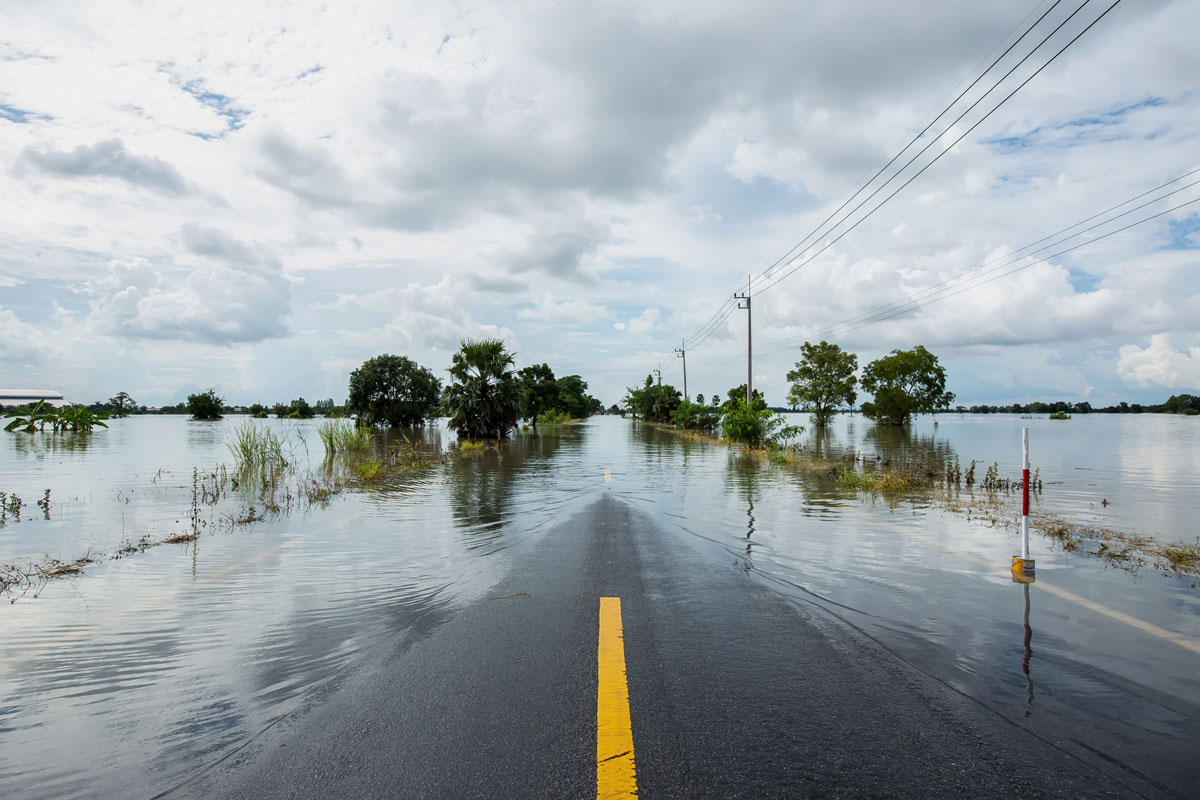Find out more in
Climate Change
Global Issues:
From extreme heat and rising sea levels to biodiversity loss and pollution, Mother Earth is in peril and making a clear call to action - a need to shift to a more sustainable economy that works for both people and the planet. This International Mother Earth Day, let’s mobilize for the planet and all the life it supports. There are steps every one of us can take to protect nature, tackle climate change, and promote harmony with the Earth. Speak up, log your actions, and help save our planet with the UN’s ActNow campaign!
Watch the 2050 forecast delivered by Weather Kids, created in partnership with the World Meteorological Organization and The Weather Channel. The campaign is part of UNDP’s efforts to boost awareness on the impacts of climate change and to mobilize people around the world to take meaningful climate action for future generations.
Climate change-induced cocoa price hikes are affecting chocolate lovers globally, highlighting the urgent need for climate action.
Water is crucial to life and economies, but it can also cause or be affected by conflict. The risk of conflict is increasing due to water scarcity and climate change, making effective water resource management essential for peace. Remote sensing, using open-access satellite data, can help monitor water resources, even in conflict-affected areas. The Water Productivity through Open-access of Remotely-sensed derived data, a tool created by the Food and Agriculture Organization of the United Nations (FAO), has been used in conflict zones like Syria, Sudan, Mali, and Sri Lanka to monitor water resources, reduce conflict, and restore access to water.
Climate change is causing more frequent and intense heat waves worldwide, which negatively impact the health and well-being of vulnerable populations, particularly children. UNICEF and partners urge governments to take urgent action and ensure that frontline health workers are trained to recognize and treat heat stress, health facilities are equipped to cool heat victims, and healthcare systems are connected to meteorological services in high-heat regions. Additionally, health facilities should have cool public spaces for people to safely seek refuge during heat waves.
Empowering women in environmental initiatives is essential for addressing climate change, as their participation fosters innovative solutions for a more sustainable future.
Climate change won’t end cold waves. Fewer and weaker cold waves may actually be more impactful if we let cold waves fall off our radar and neglect preparedness.
The World Food Programme highlights women's vital role in climate resilience amidst heightened vulnerability and underrepresentation in decision-making.
In Kabo village, men play a game with beans. The beans represent wild animals, the bag is the forest, and the players are hunters. Once the bag is empty, they all lose. This game is designed to show the consequences of unsustainable hunting on future generations' food and incomes. The Bantu and Baaka Indigenous Peoples groups in the Congo rely on wild meat as their main source of protein and income. However, overhunting, deforestation, pollution, diseases, and climate change have reduced the population of wild animals in the Congo Basin. The Sustainable Wildlife Management Programme, coordinated by the Food and Agriculture Organization of the United Nations (FAO) and three other organizations, works to restore the balance between food security and wildlife conservation.
The Democratic Republic of Congo, along with Afghanistan, Yemen, and Syria, is among the countries that face the biggest emergencies when it comes to food according to the World Food Programme (WFP). Decades of conflict and climate change have reduced people's access to basic foods, leading to unprecedented levels of hunger. Despite the growing humanitarian needs and the global funding crisis that the WFP is trying to manage, the tragic situation in the eastern part of DRC still receives very little attention. As the African Cup of Nations attracts all the attention, it's important to reflect on what could be possible for the children of DRC, and more broadly, the children across the Continent.
Think of tomorrow, act today. Climate change is not a problem that can be addressed by one individual or nation, it can be solved if we all work together.
FAO Blue Transformation is a journey that is committed not only to ensuring long-term sustainability of all fisheries but also to integrating them into resilient, sustainable, and equitable aquatic food systems.
The UNIDO project has effectively reduced greenhouse gas emissions and promoted green technologies in 55 factories and SMEs, leading to a boost in productivity.
The Earth is now 1.2° Celsius warmer than in pre-industrial times. The harmful impacts of climate change have already become a harsh reality, but climate change does not affect everyone in the same way. The differential impacts undermine development efforts and most severely affect the poorest and most vulnerable, who often rely directly on natural resources for their livelihoods and subsistence. There is an urgent need to address the challenges. The Global Environment Facility (GEF) Small Grants Programme (SGP), implemented by UNDP, has over three decades of experience in providing financial and technical support to civil society and community-based organizations at the local level to tackle global environmental issues while improving livelihoods. Read stories showcasing these locally-led climate actions here

